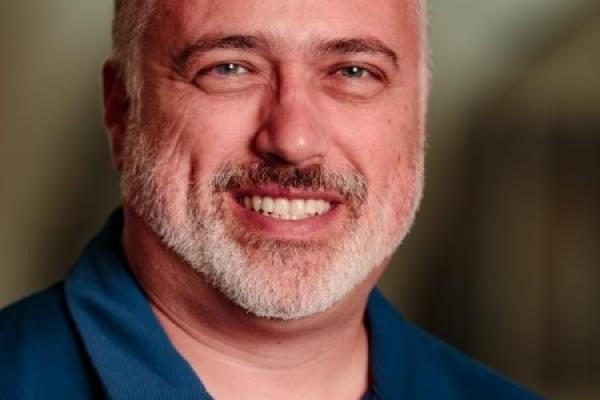Ohio State-led QuSTEAM initiative awarded $5 million from NSF

A multidisciplinary, multi-institutional program led by The Ohio State University is taking the next step in its aim to develop a diverse, effective and contemporary quantum-ready workforce by revolutionizing and creating more equitable pathways to quantum science education.
QuSTEAM: Convergence Undergraduate Education in Quantum Science, Technology, Engineering, Arts and Mathematics, was awarded a $5 million cooperative agreement over a two-year period from the National Science Foundation’s (NSF) Convergence Accelerator. Following QuSTEAM’s initial assessment period, Phase I, the award will fund Phase II’s objective to build transformative, modular quantum science degree and certification programs.
“I know from personal experience that collaboration is the key to scientific success. Working across disciplines – especially when it comes to the highly complex and multidisciplinary world of quantum science research – will help us more quickly harness the enormous power of this emerging field and deliver real-world results more quickly and efficiently,” said Ohio State President Kristina M. Johnson. “As an added bonus, this project enables Ohio State to further part of its core mission, which is to educate the next generation of researchers through educational opportunities that advance diversity and workforce development.”
The rapidly evolving field of quantum information science will enable technological breakthroughs and have far-reaching economic and societal impacts — what researchers at the National Institute of Standards and Technology refer to as the second quantum revolution. Ohio State is emerging as a key leader in pushing the field forward, recently joining the Chicago Quantum Exchange, a growing intellectual hub for the research and development of quantum technology, as its first regional partner.
“NSF’s Convergence Accelerator is focused on accelerating solutions toward societal impact. Within three years, funded teams are to deliver high-impact results, which is fast for product development,” said Douglas Maughan, head of the NSF Convergence Accelerator program. “During Phase II, QuSTEAM and nine other 2020 cohort teams will participate in an Idea-to-Market curriculum to assist them in developing their solution further and to create a sustainability plan to ensure the effort provides a positive impact beyond NSF funding.”
“We have leaders in quantum information and STEM education, and both of these groups independently do good work building undergraduate curriculum, but they actually work together surprisingly rarely,” said QuSTEAM lead investigator Ezekiel Johnston-Halperin, professor in the Department of Physics at Ohio State. “We are talking to people in industry and academia about what aspects of quantum information are most critical, what skills are needed, what workforce training looks like today and what they expect it to look like a couple years from now.”
Read More: Ohio State-led QuSTEAM initiative awarded $5 million from NSF (osu.edu)
